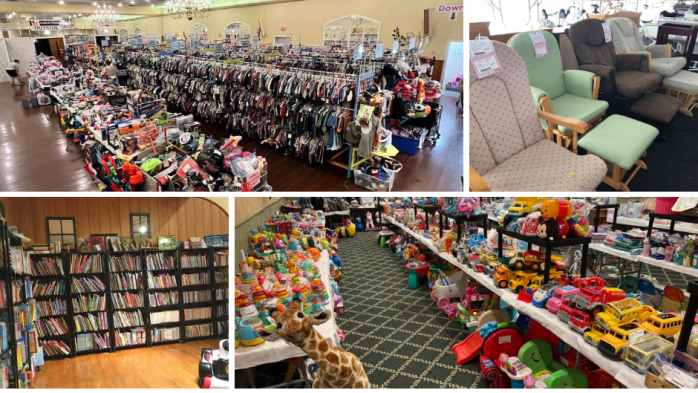The Long Island Council on Alcoholism and Drug Dependence (LICADD) is set to receive a $25,000 grant from the Long Island Community Foundation (LICF) to support the creation of a brand new Military Families in Training (M-FIT) Program designed to educate, support, and strengthen military families.
Addiction rates among active duty soldiers, returning veterans and the spouses of service men and women are several times higher than rates seen in the general population. LICADD Executive Director Dr. Jeffrey Reynolds recently told Anton Community Newspapers, “We’ve been seeing more returning service men than women, coming back in significant number with drug and alcohol issues.”
Reynolds said some of the issues, which are causing returning soldiers to turn to drugs and alcohol, are sustained injuries, prescription drug abuse, and the stress of returning from deployment. Many soldiers transitioning from military employment to the civilian sectors are also at risk of being unemployed due to the economy.
Reynolds said that many times a soldier who has separated from the military and who is unable to secure civilian employment may feel enormous pressure by not being employed and “things begin to close in around; drugs and alcohol are a way to get out from under that,” to cope.
Long Island is among the nation’s highest populations of returning soldiers and veterans. Many of the 175,000 returning soldiers who call Long Island “home” bear the scars of war in the form of untreated mental health issues and active addiction. Major depression, anxiety and post-traumatic stress disorder (PTSD) are prevalent in this population.
Each of those 175,000 returning soldiers has four to six immediate family members who, without family centered services, are at increased risk for a wide variety of mental health disorders and other challenges.
“There is a high degree of resistance in going to the VA; at times there are waiting lists.” Reynolds suggests that many of the issues that returning veterans are willing to go to the VA for treatment for are not related to the issues of readjusting to daily life.
This program is geared toward working with the family as a whole; there are not many programs that treat the whole family. “Unless you engage the entire family, you are only doing half of the job” with addiction therapy, said Reynolds.
“We don’t have a lot of veterans just showing up, saying, ‘I drank too much today and I am coming to get some help.’” It’s highly unlikely. Reynolds said the referrals for this program are usually through family intervention, or a legal interception like a DWI or disorderly conduct, etc.
M-FIT is a dynamic, evidence-based approach to providing military families with the support they need to live healthy lives. The six-week psycho-educational workshop series targets the root causes of stress and substance abuse in order to end the cycle of addiction. Participants will learn how to deal with stress of deployment, combat and the re-transition back home. The series will seek to enhance family empathy and communication, clarify family boundaries, roles and responsibilities, and strengthen family resiliency among returning service members and their loved ones.
The program is open to returning service men and women, their partners, spouses and parents, as well as their children ages 5-15. The six-week series will launch in Southampton, Riverhead, Huntington and Mineola in early 2013, and is expected to serve more than 100 military families on Long Island.
“War takes an incredible toll on the emotional and mental health of our veterans and unfortunately they often find themselves fighting another kind of battle at home,” said David Okorn, executive director of LICF.
“LICADD provides our heroes and their families with the counseling and treatment they need and deserve.” LICADD Executive Director Dr. Jeffrey Reynolds says support for M-FIT comes at the perfect time. “With a documented upswing in addiction rates among military members and their families, it is essential that we address the needs of this community and this grant from the Long Island Community Foundation will help make that possible.”
Are you or someone you love a returning veteran adjusting to life at home? M-FIT can provide you with military family-focused services that can ease the stress and tension you may be feeling during the transition. For more information about M-FIT, or any of LICADD’s prevention education, substance abuse counseling and/or treatment referral services, call (516) 747-2606 or visit www.licadd.org.
Christy Hinko contributed to this article.































